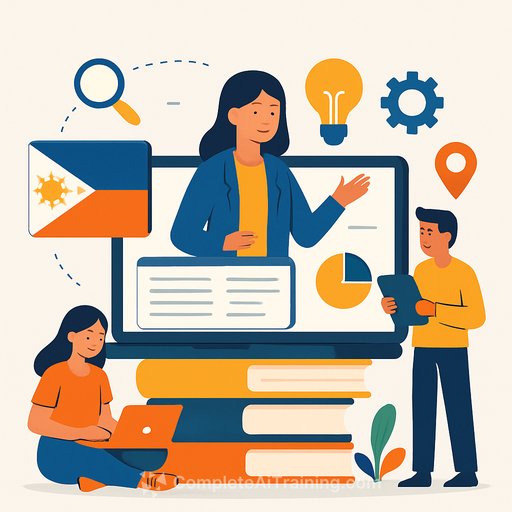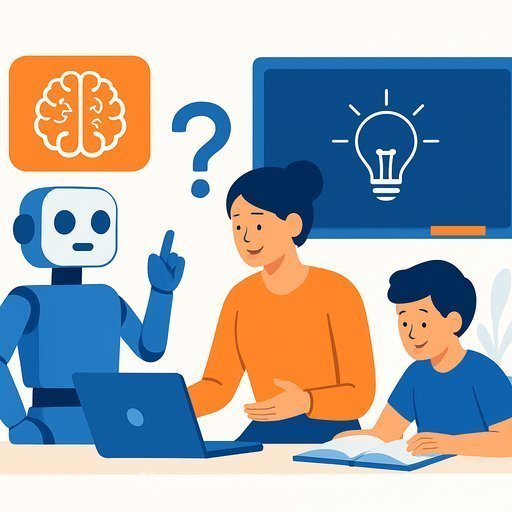Digitalization in Higher Education in the Philippines
De La Salle University (DLSU) president Br. Bernard Oca, FSC, recently shared insights on digitalization in Philippine higher education at the Association of Southeast Asian Institutions of Higher Learning (ASAIHL) Conference 2025. The event took place at Beltei International University in Phnom Penh, Cambodia, gathering educators, researchers, administrators, and students from Southeast Asia and beyond.
The conference focused on artificial intelligence, the digital divide, social media, and digital transformation within higher education. Br. Bernard, serving as an ASAIHL board member and president of the National Council of the Philippines, highlighted key issues and initiatives shaping digital education in the country.
Current State and Challenges
Br. Bernard pointed out the level of internet penetration and usage among Philippine schools, emphasizing the need for stronger digital infrastructure. Many higher education institutes (HEIs), including DLSU, have launched digital initiatives, but challenges remain in creating effective and inclusive digital learning environments.
He stressed the importance of redesigning policies and procedures to better support digital education implementation. Additionally, ongoing conversations about maintaining learning quality, especially in hybrid teaching models, are crucial.
Recommendations for the Future
- Increase public investment in digital infrastructure to ensure wider access.
- Revise institutional rules to accommodate digital learning methods effectively.
- Continue evaluating what defines quality education in hybrid and online formats.
Br. Bernard concluded by noting the Philippines’ strong internet and social media usage as an advantage in adopting digital change. He welcomed collaboration with institutions that share the goal of building a digitally skilled and equitable ASEAN community.
About ASAIHL
Founded in 1955, ASAIHL is one of Southeast Asia’s oldest regional organizations, with 246 member institutions from 25 countries. It serves as a platform for academic cooperation and development across the region.
For educators interested in advancing digital skills and AI knowledge, exploring courses on Complete AI Training can provide practical tools and insights relevant to today’s digital education challenges.
Your membership also unlocks:






